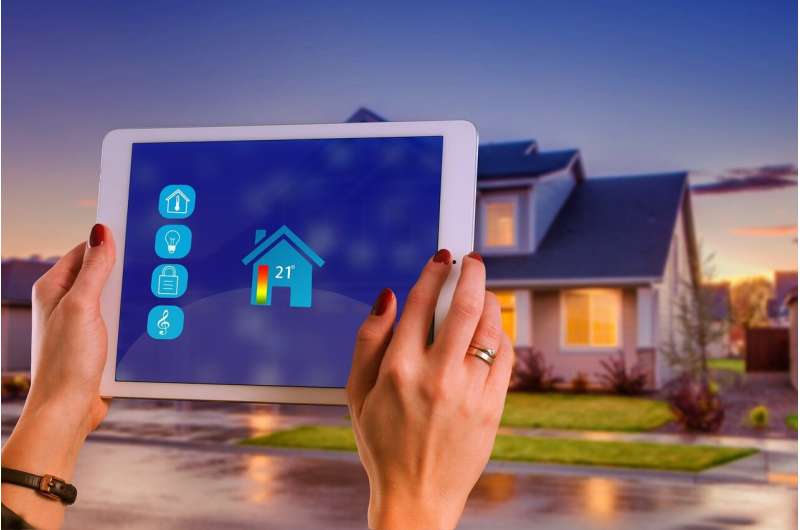Buying many smart home devices leaves people dissatisfied with the technology, research shows

The more smart devices such as Amazon Echo that people add to their homes, the less happy they are with the technology, new research shows.
The first in-depth research on satisfaction with smart homes found that people were happiest with the devices if they only had a few of them.
It also found that older people were just as happy with the devices as younger ones, and that gender and income made no difference to how satisfied people were.
Three researchers from Newcastle University Business School in England ran an online survey of 457 people in the United States who used smart home technology, such as smart lighting, motion sensors, music players and devices like Amazon Echo and Google Home.
The research, by Davit Marikyan, Professor Savvas Papagiannidis and Dr. Eleftherios Alamanos, produced the "surprising finding" that the more devices that were used, the less people intended to use them in the future.
Respondents were given a list of 29 smart home devices available on the market. For each device used, there was a fall in the intention to continue use.
Davit Marikyan told the British Academy of Management's annual conference in Birmingham Wednesday 4 September that: "The possible explanation could be that the first few devices add value to consumers' life. But they do not want to switch all traditional devices into smart ones, as this might entail complications."
He said there was no significant difference in satisfaction with the technology when comparing older and younger users, men and women, people on higher or lower incomes, and people of different ethnic backgrounds. Those with larger families tended to be less keen to continue to use the technology, but those with large houses were happier to.
The research carried out was the first of its kind, he said. "A few studies have discussed the use of smart home technology but none of them empirically examined whether smart homes deliver the promised benefits and in turn whether users intend to continue using the technology.
"Given the gap in the literature and the practical importance of the promotion of the smart home technology in the market, this study aims to explore the factors that trigger continuous intention to use this technology."
The researchers say that around 14 billion smart home devices have been sold so far, worth around $50 billion to companies in 2018, and the market is growing rapidly.
Provided by British Academy of Management




















